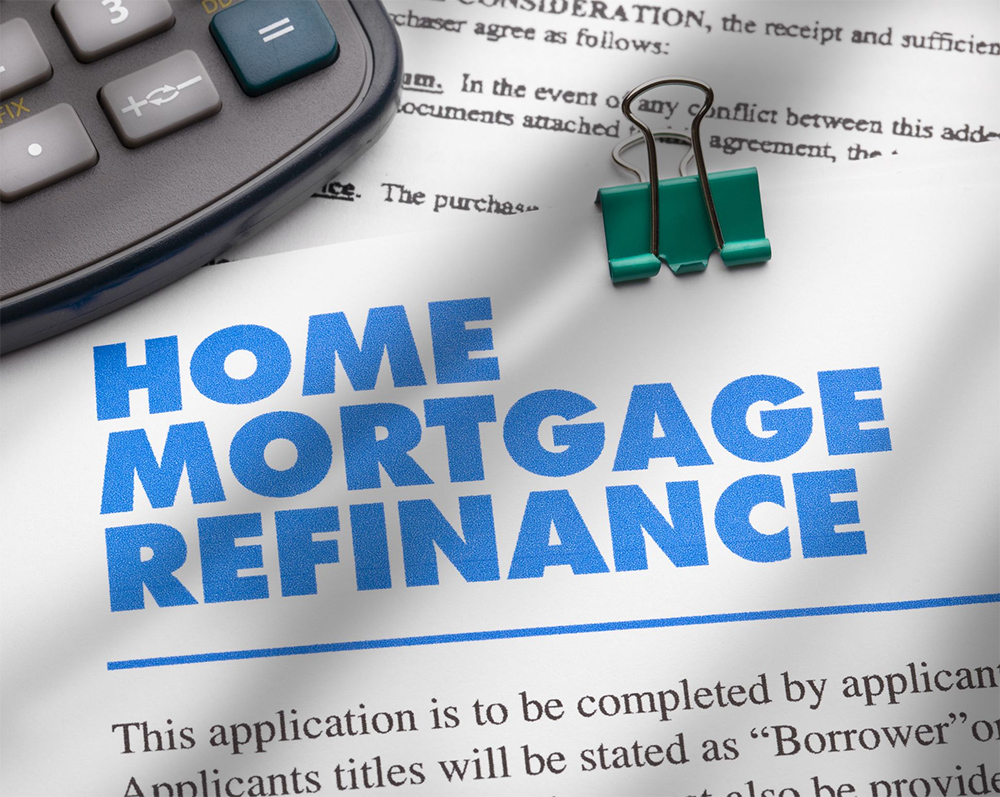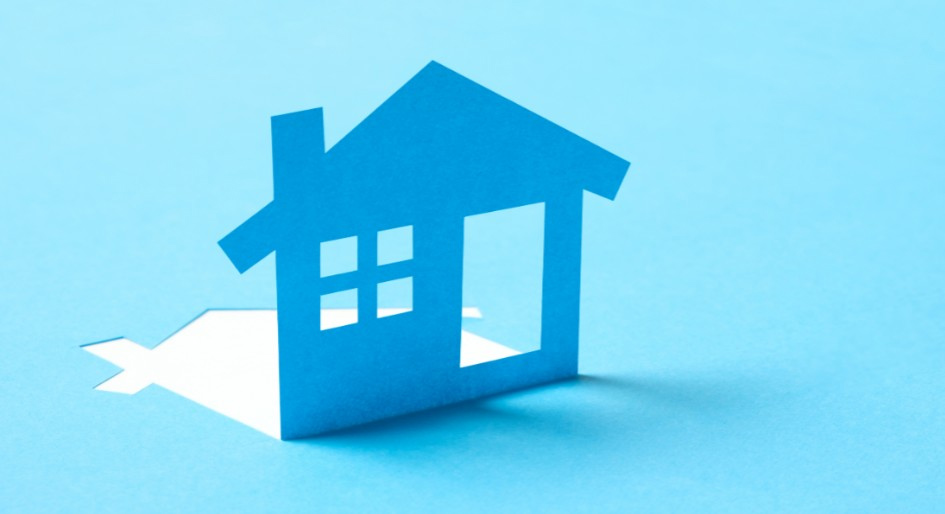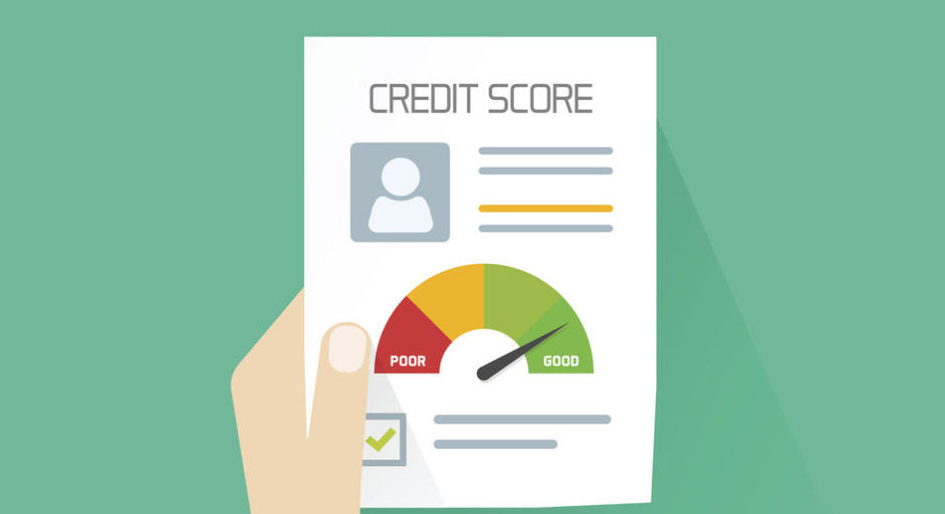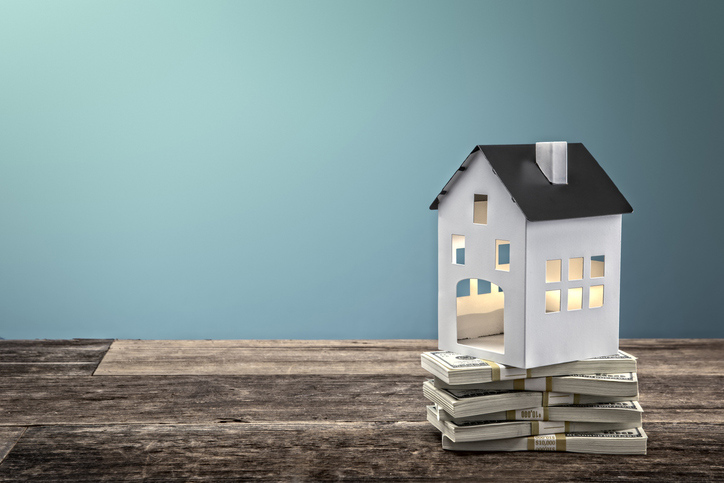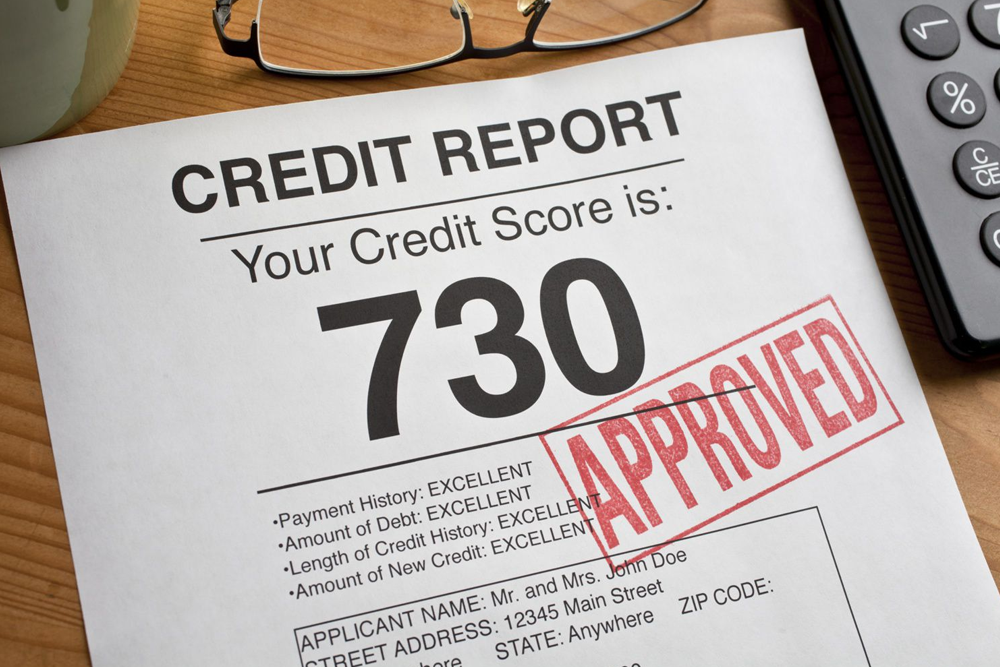
Mortgage Refinancing: Here’s How To Find Out If It Is Right
Would a mortgage refinance be sensible for you? You have possibly had the conversation at some point in time. There are periods when droves of homeowners rush to refinance (often because of a drop in mortgage interest rates). Nonetheless, rates are not the only reason to refinance your current loan, and neither is it the case that a suitable time to refinance for one homeowner is necessarily a good chance for someone else. Before making a decision, it is vital to understand why you would want to take out a new home loan in the first place- and then figure out if it is sensible in your situation.
In this post, we will cover:
- What Is The Definition Of Mortage Refinance
- How Does Mortgage Refinancing Work?
- Why Does It Make Sense To Refinance Your Mortgage?
- Falling Mortage Rates
- Get a better credit score: Improve your credit scoring with mortgage refinancing.
- Tap Into Homes Equity
- Swap From An Adjustable Rate Mortgages To A Fixed-rate Mortgage
- Get Rid Of FHA Mortage Insurance
- Refinance Your Mortage Into Another 30-year Home Loan
- How To Determine Which Lender Offers The Best Mortage Refinance Deal
- What Will Refinancing Cost?
- Refinancing Process, Step By Step
What Is The Definition Of Mortgage Refinance
Generally, a mortgage refinance replaces your present home loan with a new one. Normally, people refinance to lower rates, tap into their home’s equity or reduce monthly payments. Refinancing also assists in paying off your mortgage faster, switching from adjustable-rates to fixed rates, and getting rid of FHA mortgage insurance.
How Does Mortgage Refinancing Work?
When purchasing a home, you get a mortgage to pay for it. The money goes to the home seller. When refinancing a home, you acquire a new mortgage. Rather than going to the home’s seller, the new mortgage pays off the balance of the old home loan. Mortgage refinancing requires you to be eligible for the loan, just as you had to meet the lender’s qualifications for the original mortgage. You file an application, go through the underwriting process and go to closing, as you did when you purchased the home.
Why Does It Make Sense To Refinance Your Mortgage?
Among the benefits of owning real estate is the opportunity to build equity over time. When times suddenly become rough, as they have with the COVID-19 pandemic, a home can be a source of needed low-cost cash. One method of getting money for your home is refinancing with a bigger loan, leaving you with extra cash. This is known as cash-out refinance, and to do so; you have to remain within the loan-to-value. Below are more reasons to refinance mortgage loans:
Falling Mortgage Rates
When interest rates fall, a new loan indicates lower financing costs. Maybe you took out 30 year mortgage when financing rates were at six percent, and now they are down to 4.5%. On a $300,000 debt, that financing rate drop alone would result in a $279 reduction in your monthly payment.
In such a case, doing a refinance loan might sound like a no-brainer; however, you should bear in mind that taking out a new loan indicates paying new closing costs, and those might be worth the savings from a lower interest rate, based on how long you anticipate to live in your home. As a general principle, the longer you plan to stay in place, the more it is sensible to refinance and eat those one-time fees. However, you will have to work the numbers to know for sure.
Benefits of reducing your interest rates include:
- Help you build equity in your home
- Saving money
- Lowering your monthly payment
- You end up paying less interest over the life of the loan
Get a better credit score: Improve your credit scoring with mortgage refinancing.
Maybe you took out a home loan when you had a bad credit score,resulting in a higher interest rate than the average interest rate. Because then you have lowered your debt balances, maybe even regularly sending in your payment before the due date. Mortgage lenders make an educated guess by gathering your credit report, which reflects your repayment and borrowing history. If your credit rating has improved enough, you might qualify for a substantially better rate.
Tap Into Homes Equity
Once you refinance to borrow more money than you owe on your current loan, the lender offers you a check for the difference. This is known as a cash-out refinance. People usually get a cash-out to refinance and a lower rate at the same time. It can be worth it if you are putting the money to good use, like paying down a high-interest rate credit card or doing home improvements that will increase the value of your home.
Swap From An Adjustable Rates To A Fixed-rate Mortgage
Rates on adjustable-rate mortgages can go up over time. Typically, fixed-rate loans stay the same. Mortgage refinancing from an ARM to a fixed-rate loan offers financial stability when you prefer steady payments.
Get Rid Of FHA Mortgage Insurance
Generally, Private mortgage insurance on traditional home mortgages can be canceled; however, the Federal Housing Administration mortgage insurance premium that borrowers pay on FHA loans can’t work in many cases. The only method of getting rid of FHA mortgage insurance premiums is selling the home or refinancing your home when you have accumulated enough home equity. Approximate your home value, then subtract your mortgage balance to calculate your home equity.
Refinance Your Home Into Another 30-year Home Loan
Lowering your monthly mortgage payment is often the goal. And it is tempting to refinance with another full 30-year mortgage to lower your monthly payment of your current mortgage loan. However, that means you will end up taking even longer to pay off your house and paying more interest over the long haul. Rather you can request the lender to match your remaining loan term. For instance, if you have had a 30-year loan for three years, you have 27 years remaining. You can request the lender to set up the payments, so you repay the loan balance of the refinanced loan over 27 years rather than 30. This way, you lower the interest you pay over the life of the home loan. This is mortgage amortization at work.
How To Determine Which Lender Offers The Best Mortgage Refinance Deal
Using Mortgage Calculators To Shop For The Best Refinance Rates
After you have decided to home refinance, you can use mortgage refinance calculators to shop for the best mortgage. You will need two data inputs:
- Your new loan amount
- Your new interest rate
Once you input the data, the mortgage calculator will estimate:
- New payment
- Your monthly savings
- Lifetime savings
- Refinance break-even point
Getting a mortgage loan generally requires paying fees, usually amounting to thousands of dollars. It takes time for a refinance to break even- that is, for the accumulated monthly savings to exceed the refinance closing costs.
What Will Refinancing Your Mortgage Cost?
Before proceeding with a refi, you really have to know what the cost of refinancing will be. Usually, what seems like a great loan program can lose its luster when you see the fees. This is why it is vital to compare the good faith estimates from refinance lenders. These documents incorporate the interest rate, upfront fees, down payment and breaking of the predicted expenses to close the loan. One of the biggest outlays is the mortgage lender’s origination fee.
Refinancing Process, Step By Step
Here is the refinance process:
| Set your financial goals | Shorten the loan term? Get rid of FHA mortgage insurance? Lower monthly payments? |
| Shop for the best mortgage rates | Keep an eye on the loan rates and fees too |
| Apply for a mortgage loan | Submit all the applications within two weeks to reduce the impact on your credit score. |
| Choose a mortgages lenders | Compare refinance options and other loan options including home equity line of credit and loan estimates to get the best offer. |
| Lock the interest rate | You will have to close the loan before the rate locks expires |
| Close the loan | Here is where you pay all the closing costs |
Mortgage refinancing can be a sensible financial move if it lowers your mortgage payment. Bear in mind that refinancing costs 3-percent to 6-percent of the loan’s principal. Note it takes years to recoup that cost with the savings accumulated by a lower interest rate or a shorter term.

